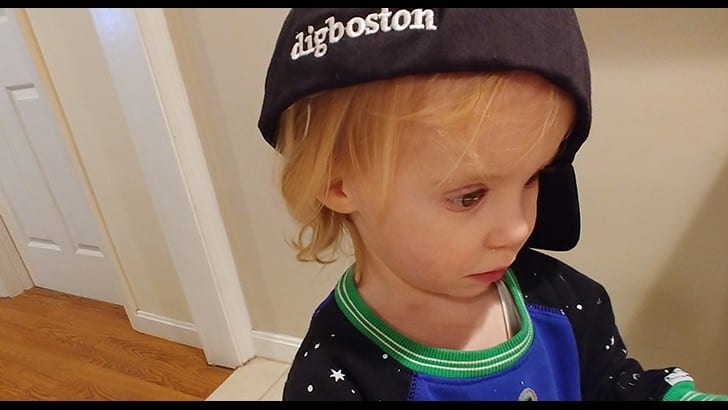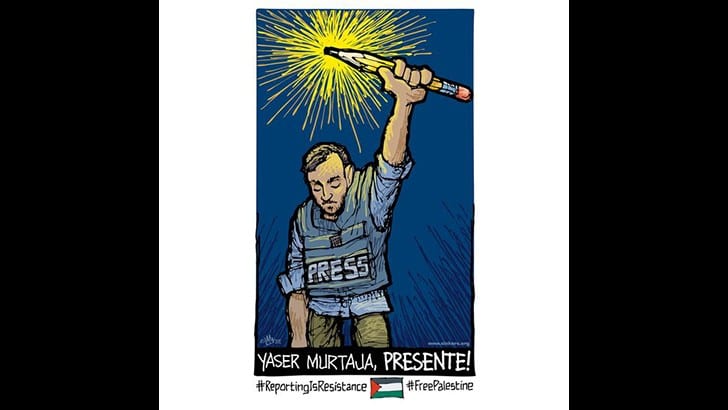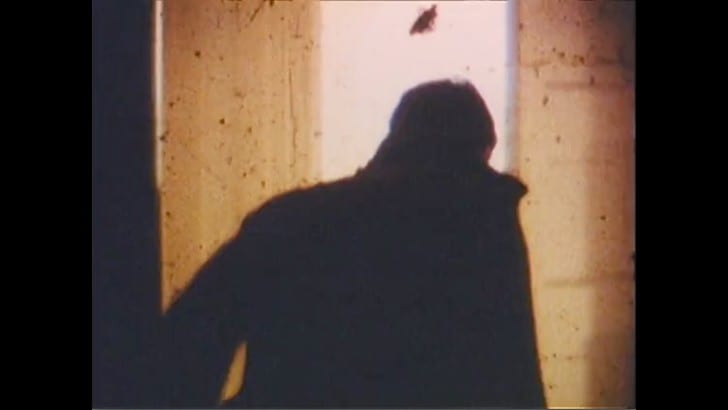
Or how tax breaks for fat cats relate to a defeat for Harvard management rats
April 26, 2018
BY JASON PRAMAS @JASONPRAMAS
“Opportunity” for the few
Gov. Charlie Baker submitted paperwork to the US Department of Treasury last week, according to the Republican, asking the federal government to consider 138 tracts in dozens of Massachusetts communities for inclusion in the new “Opportunity Zones” program—passed in December as part of the Trump administration’s sweeping tax reform legislation.
As the name implies, each opportunity zone is a low-income area of an American city or town. According to Next City, acceptance to the program makes such areas eligible to receive investment from “Opportunity Funds”—which are to be certified by the treasury department. The funds “will be required to invest at least 90 percent of their investment dollars into businesses or properties located in designated Opportunity Zones,” and the initiative “allows investors to defer some of their taxes on capital gains in exchange for investing some of their accumulated wealth into the opportunity zones.”
This week, MetroWest Daily News looked at tracts chosen for the program in Framingham and Marlborough. In Framingham, “City officials nominated a pair of contiguous neighborhoods on the southeast side of the city, which has struggled to rebound from the decline of manufacturing and the legacy of environmental contamination in the area.”
One of those tracts is particularly interesting because it contains “a significant amount of industrial land, including the state prison and the former General Motors plant, which is now the site of Adesa, the vehicle auction house.” And thus encapsulates everything that’s wrong with neoliberalism—the return to 19th-century dog-eat-dog capitalism in which private interest must always outweigh any possible public good.
Which is germane to this discussion because the opportunity zone scheme was cooked up by a “bipartisan” (read “neoliberal”) think tank called the Economic Innovation Group—led by a who’s who of Silicon Valley movers and shakers, according to the Los Angeles Times. Napster founder Sean Parker, former Facebook general counsel Ted Ullyot, and a rogue’s gallery of major West Coast venture capital investment house leaders are all part of the organization’s “founders circle.”
So it’s absolutely no surprise that the program is essentially yet another tax break for the rich. In a federal tax regime that’s now replete with them—especially after Trump’s ungentle ministrations. More problematic, however, is the fact that the so-called opportunity zones give the rich and powerful even more control over economic development in areas already impoverished by the rich and powerful.
Which brings us back to the Framingham tract in question. It houses MCI-Framingham, a medium-security women’s prison with a population that includes a majority of nonviolent offenders. Most of whom are from working-class families, and most of whom would not be there if the state and federal government put less money into the “prison-industrial complex” and more money into guaranteeing economic opportunity for those families.
It is also home to the former General Motors plant. Which once employed as many as 5,000 workers in high-paying jobs unionized with the United Auto Workers. Just the kind of jobs that increasingly downwardly mobile working-class families need, if they want to avoid turning to crime to make ends meet.
According to the New York Times, the last 2,100 workers were laid off from the GM plant in 1989. And the working families of Framingham and environs have never really recovered since then. Because pols and CEOs and policy wonks can talk all they want about Massachusetts having recovered from the Great Recession of 10 years back. They can claim we’ve achieved “full employment.” But the jobs that working people have been able to get since the destruction of the Bay State’s largely unionized industrial base between the 1950s and the 1990s are not nearly as good as the ones that were lost.
Gone also is the social—and therefore political—solidarity that once enabled the local working class to defend and maintain the improvements they won on the job for decades.
In its place, we have programs like the “opportunity zones” that help the rich find new and exciting ways to get richer. But that don’t mandate the creation of good jobs for working families, or provide for the democratic control of new enterprises that are created by the people that work in them.
Furthermore, as Next City points out, “Opportunity funds could end up raising too much capital without enough deals in the designated census tracts, blunting the impact per tax dollar lost, or they could end up without enough capital raised to make a discernible difference.”
Seems likely that the new program will go the way of a similar neoliberal program from the Clinton era: “Empowerment Zones.” Which never produced gains for poor communities that could be tied to the program. Instead lining the pockets of legions of contractors and investors along the way.
Harvard University grad union victory
In light of the loss of 5,000 good jobs unionized with the UAW at GM Framingham decades back, it’s extremely ironic that 5,000 graduate assistants at Harvard University just successfully unionized with—you guessed it—the UAW. Big congrats to all concerned.
The labor campaign was absolutely necessary because the same neoliberal system that purposely depresses working-class wages and benefits worldwide to increase corporate profits also hurts grad assistants. Harvard is a large employer, and—nonprofit or not—like most large employers it always strives to save money on staffing costs. So it makes perfect sense that a union that was decimated by decades of assaults from auto industry tycoons should get vengeance of a sort by unionizing grad assistants at a ruling-class university that continues to help spearhead the corporate drive to crush global labor power. Grad assistants that—together with various kinds of adjunct faculty—get overused by fully corporatized university management to avoid increasing the ranks of more expensive (and far more powerful) tenured faculty.
Naturally, being a teaching or research assistant for a few years is not the same kind of job as the ones lost at GM Framingham. And the fortunes of people with advanced degrees from an elite school are typically much different than those of auto workers that often only had high school degrees. But beyond the improvements that grad assistants will see in their working lives during their short time at Harvard, and the bump that the labor movement will get from their very public victory, here’s hoping that the students will learn to feel genuine solidarity with working families the world over. And move into their professional lives with the determination to help undo the grievous damage that too many of their predecessors did, and continue to do, to the billions of people who don’t control the commanding heights of politics and the economy.
Townie (a worm’s eye view of the Mass power structure) is syndicated by the Boston Institute for Nonprofit Journalism. Jason Pramas is BINJ’s network director, and executive editor and associate publisher of DigBoston. Copyright 2018 Jason Pramas. Licensed for use by the Boston Institute for Nonprofit Journalism and media outlets in its network.




